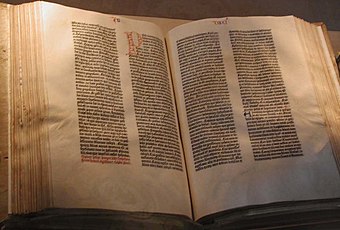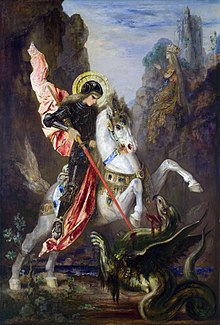Narrative forms have been subject to classification by literary theorists, in particular during the 1950s, a period which has been described metaphorically as the Linnaean period in the study of narrative.
Narrative forms include:
- Captivity narrative â€" the protagonist is captured and describes his experience with the other culture
- Epic - is a long narrative poem, often written about a hero or heroines.
- Epic poem â€" a lengthy story of heroic exploits in the form of a poem
- Fable â€" a story that teaches a lesson, often using animal characters that behave like people
- Fantasy â€" a story about characters that may not be realistic and about events that could not really happen
- Folk tale â€" an old story that reveals the customs of a culture
- Historical fiction â€" stories about characters who might have lived in the past and about events that might have really happened in history, with some made up details and events
- Legend â€" a story that is based on fact but often includes exaggerations about the hero e.g. the East African legend of Fumo Liyongo in the coast of Kenya
- Myth â€" an ancient story often meant to explain the mysteries of life or nature
- Novel - is a long narrative that is normally in prose, which describes fictional characters and events, usually in the form of a sequential story.
- Novella - is a written, fictional, prose narrative normally longer than a short story but shorter than a novel.
- Play â€" a story that is told mostly through dialogue and is meant to be performed on stage
- Quest narrative â€" the characters must achieve a goal. This includes some illness narratives
- Realistic fiction â€" stories that portray characters and settings that could exist in real life, as well as events that could happen in real life
- Short story â€" a brief story that usually focuses on one character and one event
- Tall tale â€" a humorous story that tells about impossible happenings, exaggerating the accomplishment of the hero
- News - an information on current events which is presented by print, broadcast, Internet, or word of mouth to a third party or mass audience
- Biography - a detailed description or account of someone's life
- Autobiography - a detailed description or account of the storyteller's own life.
- Parable - stories of the teachings of Jesus Christ.
§See also

- Bibliography
- Literary device
- Narrative mode
§References
- Peterson, Shelley (2005). "Writing Across the Curriculum: Because All Teachers Teach Writing". Portage & Main Press,. p. 88. Retrieved 2009-10-01.Â
§Citations
